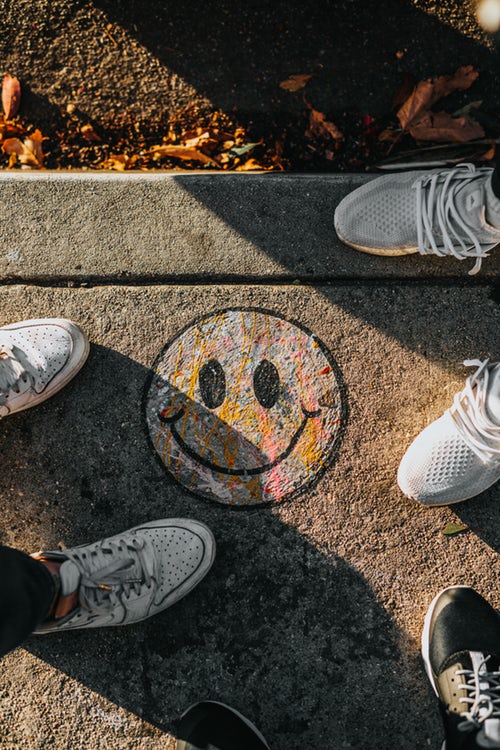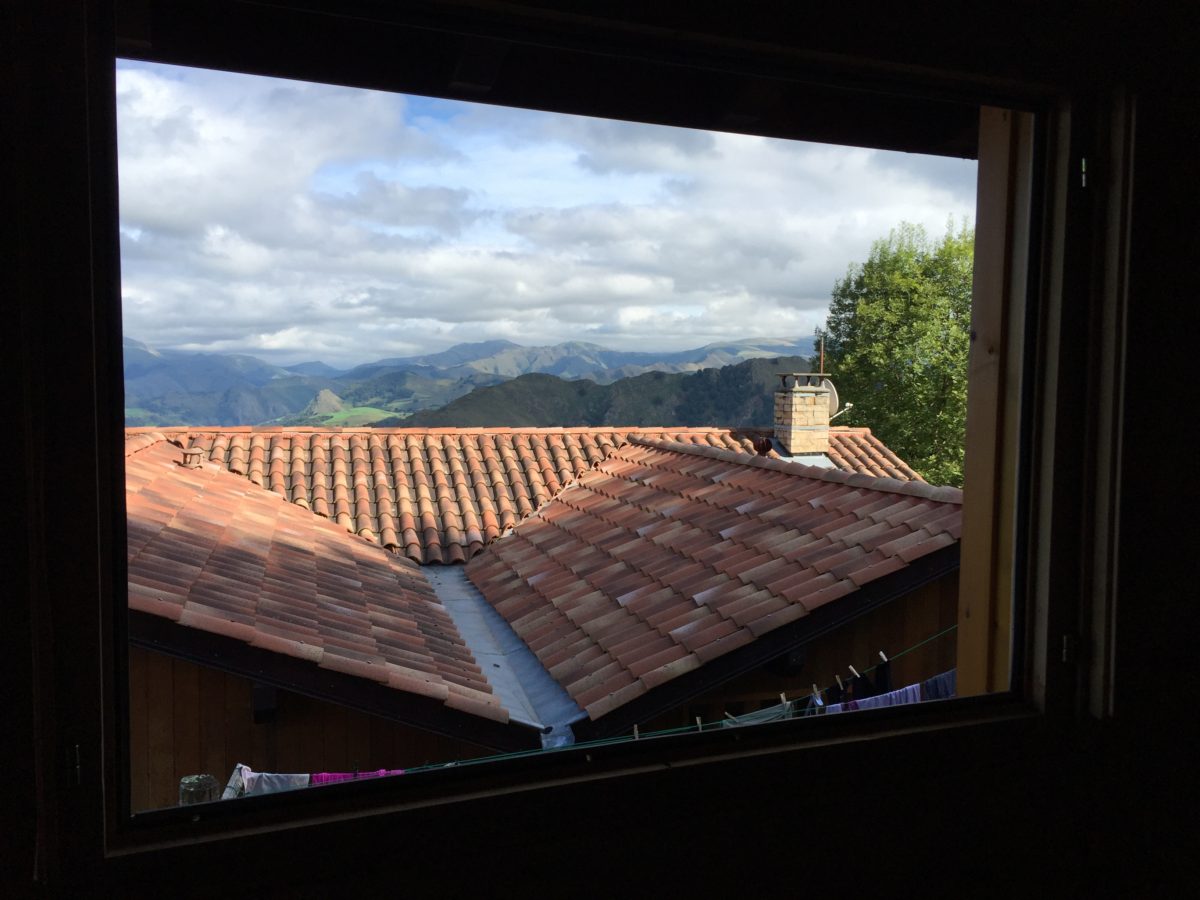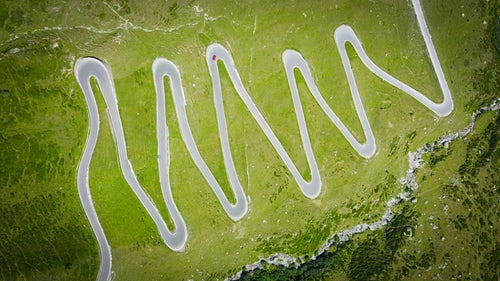Which of the following most describes your eating or meal experience?
A) I throw together 2 pieces of bland bread, lunchmeat, a slice of cheese, a limp strip of lettuce and a spread of mayo and mustard for lunch. Every -day.
B) I often eat while working at my desk and/or computer.
C) I eat while watching television or reading the mail, magazine or a book, or chatting on the phone or reading text messages.
D) I often stop at fast a food “restaurant” or pick up a pizza for dinner because it’s late, I don’t have anything at home to fix, or I’m too tired to prepare a meal.
E) Most of my meals are microwaved or come from frozen packages.
Relate to any of those? How about one or more of them?
Today we’re getting an introduction to several posts dedicated to conscientious eating. But before we get into specifics, let’s look at some dismal facts:
- For a variety of reasons, our current medical system is based on people being sick and dying.
- 2/3 of Americans go to work with flu-like symptoms. (We really do live at work.)
- The #1 reason for bankruptcy in the U.S. is medical bills that can’t afford to be paid.
- Sitting and lack of activity is killing us, literally. Seven hours of TOTAL sitting time a day doubles your risk of death.
- 1/3 of Americans die before 65.
- Most people don’t get enough sleep.
- 70% of your immune system is in your digestive tract.
- Many experts believe all disease begins in the gut.
- Even though we may be surrounded by people, we live and work in a very solitary way.
- Since the beginning of time, plants and food have been our true medicine. We need to return to that foundation.
- 69% of Americans are overweight or obese.
- SUGAR is now considered by many professionals to be poison.
- While we are living longer thane ever, we are sicker than ever.
- We grow our foods in the chemicals they use to make chemical weapons.
- High fructose corn syrup is like crack to your body and brain.
- We tend to treat separate symptoms rather than the whole person.
- When you’re under stress, you crave sugar, fat, and salt, and there is no satiation (satisfaction met) point for these.
- It is emotion that causes people to reach for the wrong kind of food.
- 90% of serotonin—a chemical and neurotransmitter that regulates mod, social behavior, digestion, appetite, sleep, memory, sexual function and desire—is manufactured in the digestive tract, not the brain as we once thought.
- Wellness is really a diet and mental health lifestyle connection.
- We really are living in a “food desert” that comes with a 5x the average death rate—death that comes from curable diseases.
- Cultures that eat grains have a higher rate of dementia.
Important Takeaway—
Food does affect the body and mind, but most of us blindly eat whatever is put in front of us or opt for the quick and easy (boring) meal approach.
Conscientious eating—
As we explore conscientious eating, which goes beyond just being mindful of how you eat, we’ll focus on:
- being more aware
- being more mindful
- taking back your health
As Hippocrates, the Father of Medicine, said,
“Let food be thy medicine and medicine be thy food.”
As we move rapidly into this busy holiday season, where we’re ramping up everything in our lives to an often frenzied, overspent schedule, I invite you to keep something very important in mind—
It can be self-destructive to not tend to yourself.
Please take a moment to let that statement sink in. Meditate on it.
To many of you, that truth runs contrary to what you think your religious faith teaches you. It might even sound as though it borders on sinful, contrary to God’s word.
But how does Jesus, the reason for this marvelous season and for our very lives, say we should approach our lives?
With a light burden. Not a weary or heavy-laden feeling.
I can hear many of saying right now: “What does that have to with conscientious eating, Andrea? Or eating in general?
Plenty.
The fact, as I already noted, is:
Emotion causes people to reach for the wrong kind of food.
Life is emotional. The holidays even more so.
Just as our physical choices, activity choices, lifestyle choices and career choices affect us profoundly, so do our food-style choices affect us. What it comes down to is:
Adding the good stuff and weeding out the bad. (In that order.)
As we go into Thanksgiving, Christmas and the New Year, we’ll be learning about food—God’s magnificent gift to us. A gift he created for our
- enjoyment and pleasure
- sustenance
- mental and physical health and healing
- social fulfillment
And as we go forth, keep those highlighted statements in mind:
It can be self-destructive to not tend to yourself.
Emotion causes people to reach for the wrong kind of food.
You need to add the good stuff to your life and weed out the bad.
It won’t happen immediately or all at once. Our goal will be to recognize what causes us to fail in this area and start the weeding process.
And we’ll accomplish it together!
Join me this Friday when I’ll talk about the art and health of social eating. It’s something I knew and really learned how to do while walking the Camino de Santiago. Actually, when I ate on the Camino. That post will give you a bonus to our conscientious eating discussions!
Until then,
- Decide that you don’t want to be one of the dismal statistics.
- Pray about what God might be saying to you in this area.
- Find a good friend, or several, to be accountability buddies with you. Friends that want to embark on this life-changing journey with you, to support and encourage you. To be supported and encouraged.
Thank God for the bounty He has provided, and prepare to enjoy it in new ways. With family and friends.
PS I’m humbly requesting prayer for recovery from having a bone spur cut off my big toe. While the surgery wasn’t long or extensive, the recovery is painful, and I’m unable to get around as easily as they said I would. In fact, I’m not getting around much at all. That’s one of the reasons this post was scheduled so late. Thank you!!
Blessings,
Andrea
May you prosper in all things and be in health, just as your soul prospers (3 John 2).
Photo by rawpixel on unsplash



